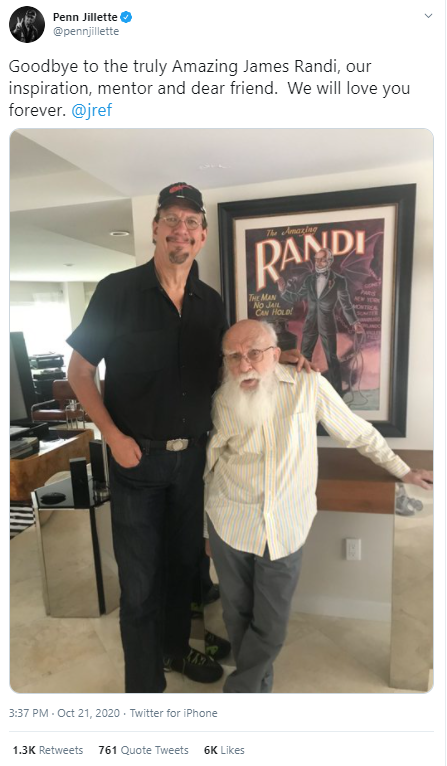I just finished reading Michael Crichton's Complexity, & Environmental Management in the 21st Century. It's a long read, but well worth it. Crichton was a true Renaissance Man.
I first learned of the existence of complex systems in about 1975, when I observed that the world did not operate in a linear manner. The next thing I learned was that, while many people considered themselves clever by defining crazy as "Doing the same thing and expecting different results," that was more cleverness than truth. Anyone who is married will understand this. It is possible to do exactly what you did earlier, and your spouse will react in a completely different manner. With teenagers, it's more probable than possible.
Everywhere I looked I found complex systems, and began to do some self-study. The first thing I learned is that complex systems are highly sensitive to initial conditions, and we are foolish to believe we know all of them. In the "spouse" example, above, the second interaction is not a precise duplicate of the first. Your spouse weighs 2.4 grams less than yesterday, talked with your mother-in-law in the intervening period, and got a massage. All of these things affected your spouse and you're interacting with a different person.
The lecture is about fear, complexity and environmental management. Crichton set out to write a book about a global catastrophe in the late 1990s, so he looked at the Chernobyl meltdown. He read the predictions of up to 3.5M or more eventual deaths and the destruction of ecosystems. Articles about the event were heavily sprinkled with fear-inducing words such as cancer and catastrophe, and there were calls for urgent immediate action to save the planet. Then he looked at reality: 56 people died. The health issues with residents near Chernobyl were largely a reaction to bad information about direness, certainty of destruction, urgency, cancer, catastrophe, etc.
He winds his way through a series of predicted civilization-ending imminent catastrophes with calls to set aside all normal rules and turn over resources to "experts'" control, none of which actually came to pass. He concluded that the planet is far more resilient than doomsayers understand. And the pattern is too obvious to ignore. We are controlled through fear, created by bad information from authorities. Today's existential crisis is decarbonization, but Crichton notes that is already underway without surrendering control to authority. That appears typical of the successes claimed by authorities due to their actions. They urged action that was already underway, and he uses Y2K as an example. Governments' contribution to solving the real problem was negligible, not to mention unnecessary, since banks, heavily dependent on old mainframe systems, had already identified the problem and were working to fix it.
We're told many things by authorities, who are rarely held accountable for prior bad information, to maintain a State of Fear, the title of one of one of his last books. About global warming, we're assured that the earth will end in 12 or 50 or 100 years, and this time we're smarter because we've got all the information. That is exactly what we were told about Global Cooling in the 1970s. "But, this time is different." Right.

